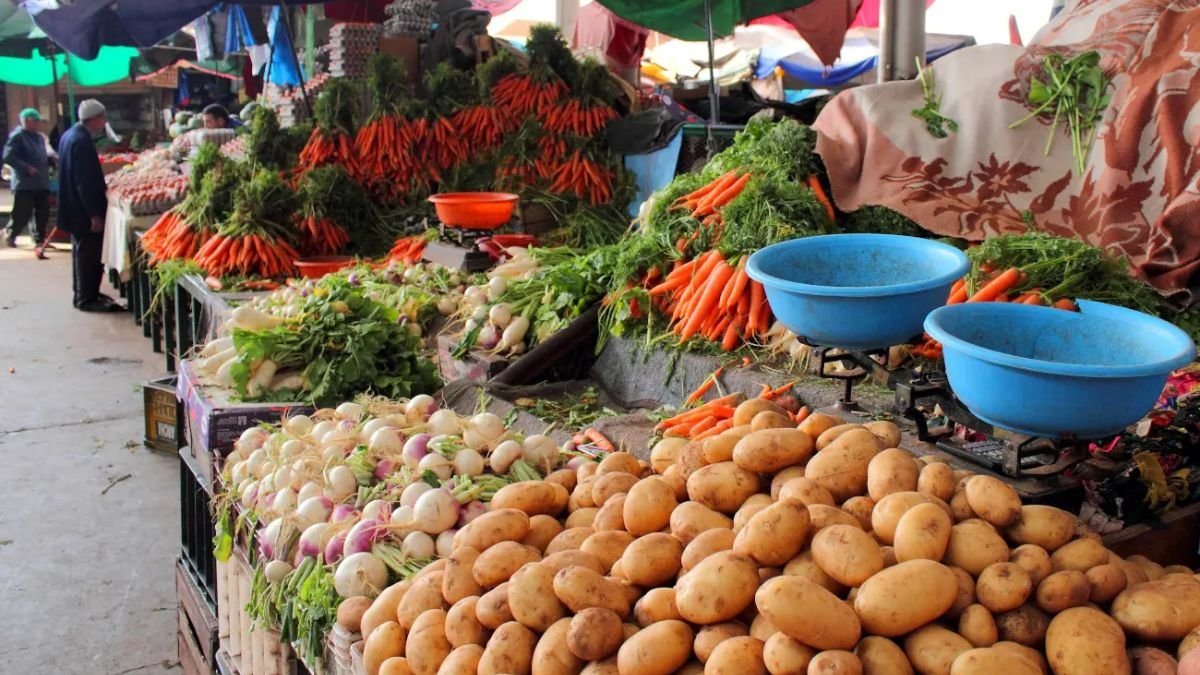Following the Tswana nation’s decision to impose an import ban on certain commodities, traders in Botswana are pleading with their government to allow them to re-import produce from South Africa and other countries, according to the Sunday Standard.
Instead of completely closing the borders, Batswana traders and small-scale traders are requesting that the government reconsider its importation ban policy, allowing them to import at least 30% of vegetable and fruit commodities, according to the report.
Tomatoes, carrots, beetroot, potatoes, cabbage, lettuce, garlic, onions, ginger, turmeric, chilli peppers, butternut, watermelons, sweet peppers, green mealies, and fresh herbs were among the items halted by Bostwana earlier this year.

Its rationale was to protect its local agricultural sectors, reduce its P9.2 billion (R12 billion) annual import bill, and boost horticultural competitiveness; however, the Sunday Standard reports that the little supply of produce it now has is being absorbed by big chains, with most farmers reserving contracts to supply them.
Small greengrocers and traders have now written to Botswana’s president, Mokgweetsi Masisi, in a petition against the policy, lamenting that local producers have not been able to meet demand for most of the prohibited commodities.
South Africa exports a large amount of fruit and vegetables to the Southern African Customs Union (SACU) region, with Botswana accounting for a sizable portion.
According to a National Agricultural Marketing Council report, South Africa’s annual potato exports to the global market averaged R705 million between 2017 and 2021, with Botswana receiving R108 million (NAMC).
Onions, South Africa’s second largest vegetable commodity exported to the rest of the continent, averaged R447 million per year, with Botswana receiving R43 million. In four years, onion exports to Botswana and Namibia, another country that has banned some imports, have increased by 22%.
According to NAMC, “Botswana and Namibia accounted for 32% of cabbage exports, 27% of potatoes, 25% of tomatoes, 11% of carrots, and 9% of onions.”
Don’t forget to follow us on Facebook | Instagram | Twitter | LinkedIn to get the latest updates from Cape Town Tribune










